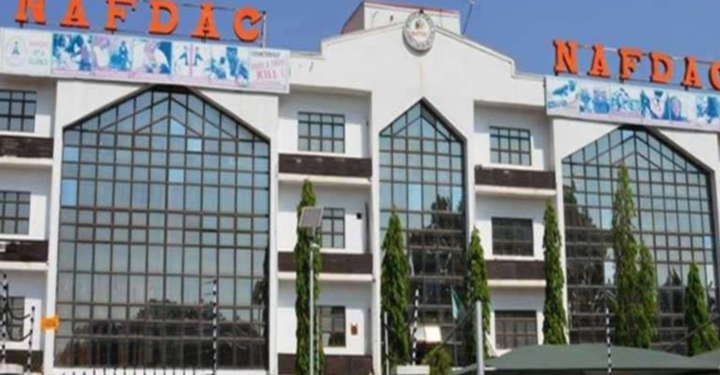The Director General of the National Agency for Food and Drug Administration and Control (NAFDAC), Prof. Mojisola Adeyeye, has addressed concerns over reports of a 63% decline in pharmaceutical imports.
Speaking to journalists on Friday, September 15 at the NAFDAC office in Isolo, Prof. Adeyeye emphasized the importance of local pharmaceutical production to improve access to quality medicines for Nigerians.
Join our WhatsApp ChannelThe Director General began by acknowledging the reports that cited factors such as difficulty in accessing foreign exchange, the devaluation of the Naira, and high inflation as contributors to the decline in pharmaceutical imports. However, she pointed out that the full story was not captured in these reports.
Prof. Adeyeye highlighted some key statistics from the reports, including the country’s reliance on imported finished drugs, which accounts for about 70% of drug consumption, and the importation of 100% of Active Pharmaceutical Ingredients (APIs). She also noted a significant increase in the prices of both locally manufactured and imported drugs.
READ ALSO: NNPC Retail’s N18.4 Billion Q1 Profit Post OVH Energy Deal- Mele Kyari Reveals
According to the NAFDAC boss, one crucial aspect that the reports did not emphasize was the increase in local pharmaceutical production. She stressed that the agency had been working diligently to promote and enhance local pharmaceutical manufacturing since the inception of her administration in November 2017.
She mentioned several policies implemented to achieve this goal:
- The Five + Five (5+5) Policy: This policy encourages the migration of previously imported products that can be manufactured locally. As of July 2023, 57 companies have provided blueprints for migration to local manufacturing, representing about 30% of total local manufacturers.
- Expansion of NAFDAC’s Ceiling List: The expansion of this list aims to reduce the importation of medicines that can be manufactured locally, stimulating the utilization of local manufacturing capacity.
- Policy on Establishment of New Pharmaceutical Plants: This policy ensures that manufacturing facilities are designed to eliminate the production of substandard medicines. Many companies have received regulatory approval to erect new GMP-compliant pharmaceutical plants.
- NAFDAC Tariff Regime on Imported Products: The cost of registering imported drugs is significantly higher than that of local products to discourage imports.
- International Certification and Risk-Based Classification: Attainment of ISO 9001:2015 Standards and WHO Global Benchmarking of Maturity Level 3 (ML3) status has boosted confidence in NAFDAC’s regulatory oversight, leading to increased patronage of locally manufactured products.
The NAFDAC Director-General added that these policies, along with a renewed focus on local production, are contributing to a decline in pharmaceutical imports, despite some fair-weather investors exiting the market. She also stressed that these approvals translate to significant investments in the Nigerian economy.
Prof. Adeyeye concluded by stating that, despite the challenges facing the local pharmaceutical industry, local production is the most efficient way to provide quick access to quality and safe medicines.
She cited a recent disclosure by the Special Adviser to the President, Salma Anas-Ibrahim, who aims to reduce drug importation to 40% as a means of bridging gaps in the health sector. She called for the collaboration of stakeholders and government agencies to support domestic pharmaceutical production.
Emmanuel Ochayi is a journalist. He is a graduate of the University of Lagos, School of first choice and the nations pride. Emmanuel is keen on exploring writing angles in different areas, including Business, climate change, politics, Education, and others.
















![Trump, Zelenskyy Discuss Peace Plans During Pope Francis’ Funeral In Rome [VIDEO]](https://www.primebusiness.africa/wp-content/uploads/2025/04/Trump-and-Zelenksy-meet-at-Pope-Francis-Burial-150x150.jpeg)



Follow Us